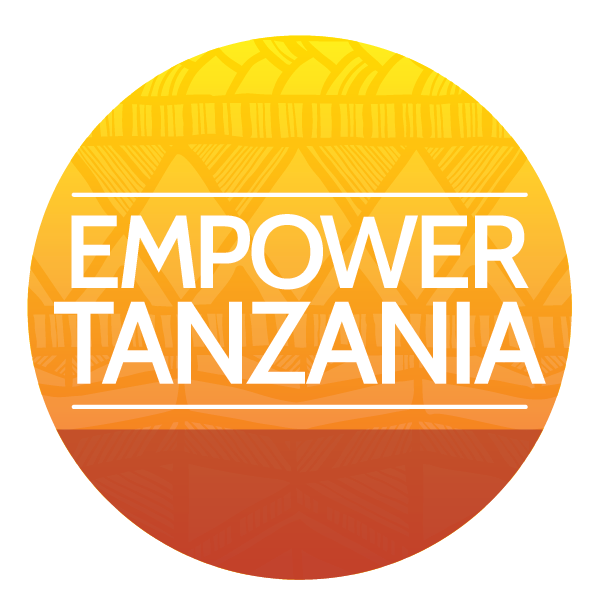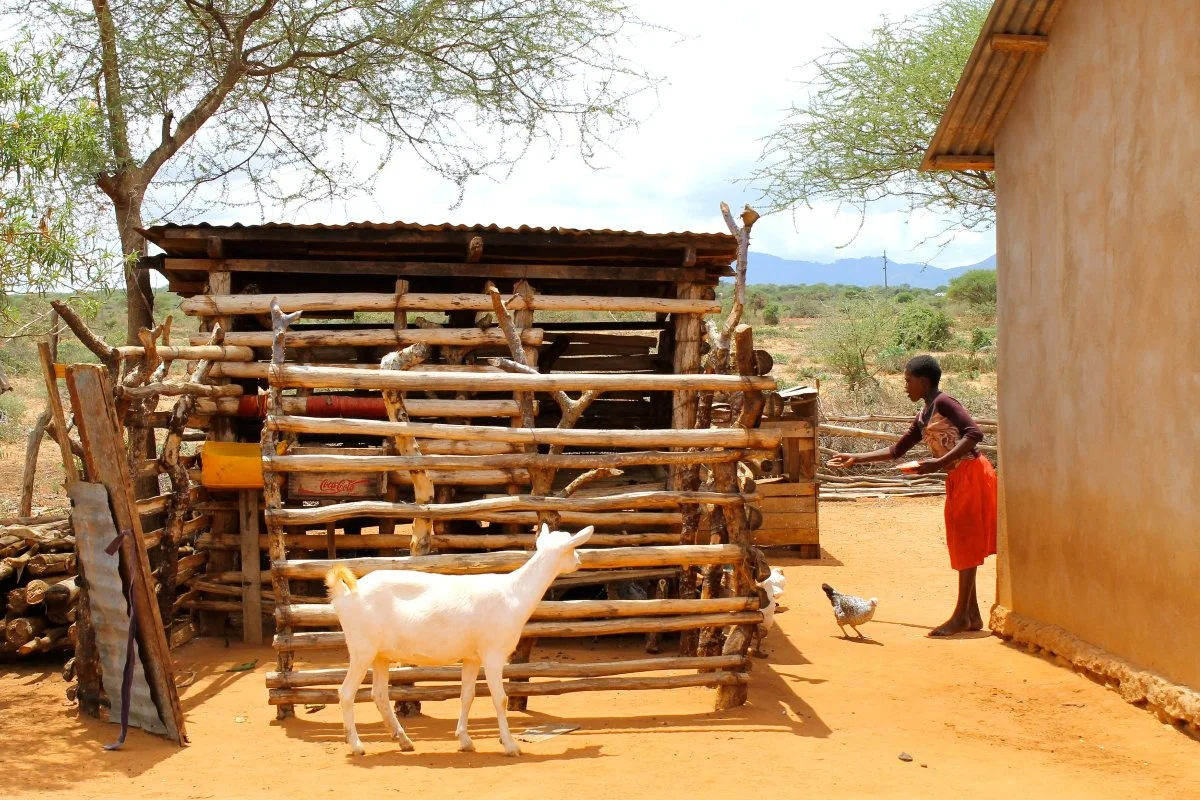5 Lessons an American Mom Can Learn from her Tanzanian Sister
This reflection was written for Mother’s Day by Empower Tanzania’s communications director, Leslie Klipsch:
As I write this from my comfortable kitchen in my Midwestern home while one child plays a game on her iPad and another circles the block on his bike, mothers living in developing nations like Tanzania are raising children while contending with food insecurity, inadequate healthcare, lack of access to clean water, subpar education, and a host of other challenges. The difference is astonishing and the needs are real. However, just as it’s essential to acknowledge what’s broken and do what we can to help relieve suffering—even if it’s a world away—it’s also important to pay attention to the beauty present. As I’ve traveled in Tanzania with Empower Tanzania, I’ve grown to admire much about the way women cultivate community and raise their sons and daughters. In fact, I believe an American mom can learn a lot about motherhood from her sisters in Tanzania.
Lesson #1: My children can handle more responsibility.
I found myself amazed the other day when my 4th grader folded her laundry like a pro. Why? Because too often I shield my children from chores as I forget what they’re capable of. Though it’s an injustice that children (especially girls) throughout Tanzania are often kept home from school to perform household tasks such as collect water for drinking or firewood for cooking, I admire the parental expectation of working hard and pitching in. As often is the case, every member of a family must be responsible for something in order to survive and young children are given important tasks to complete. Not only do children learn responsibility, but also the value of the family unit is reinforced.
Lesson #2: I don’t need to buy my kids so much stuff.
Kids in rural Tanzania don’t require Netflix or a Lego kingdom for entertainment. What do they play with? I’ve been amazed (and fantastically impressed) by what I’ve seen — a ball made from plastic bags (pictured below), dolls made from twigs. Children I’ve encountered in rural Tanzania invent their own games and produce their own fun. Buying my kids the latest is not necessary to their health and happiness. In fact, nature is a riveting playground and young minds hungry for entertainment are magnificently resourceful.
Lesson #3: My kids don’t have to take part in organized activities to find fun and enrichment.
The “after-school culture” in Tanzania was explained to me recently: Kids who attend International Schools that cater to Westerners are involved in organized sports, clubs, and after-school activities, but such structured gatherings do not exist outside of that small circle. Instead, school-aged kids spend their free time organizing their own games with neighbors or entertaining themselves with their own invented play. The lesson? There is more than one way to manage the hours between school pick-up and bedtime. This is especially reassuring during times of staying home and social isolation. Though I won’t squander the incredible opportunities my children have access to in the U.S., I have to believe the pressure to perform is released and imagination grows when schedules lighten and activity grows more organically.
Lesson #4: My family will benefit by taking our lives outside more often.
One thing I’ve noticed while traveling through the rural parts of Tanzania is that homes are mostly without glass panes in the windows. This is partly because of the climate, partly because a lack of or the expense of materials, and partly because of the community nature of life. Instead of drinking chai inside a boma (a traditional mud hut in Tanzania) in Maasai communities, we gather outside under huge trees. Meal prep is done in community, impromptu visits with neighbors happen outside homes, and, because few have their own means of transportation, everyone walks where they need to go greeting neighbors as they travel. All of this helps create a communal society filled with people who share their success and joy, as well as sorrow and need.
Lesson #5: It’s okay to ask for help.
We all know the African proverb “It takes a village to raise a child.” It’s a worldview that challenges Western individualism, but I’ve come to believe it to be sound advice. In the US, we tend to value self-reliance and often we—moms in particular—struggle to ask for help when we’re overburdened. What I’ve found to be true in communities across Tanzania is an understanding that parents rely on friends and family to help raise the next generation. In safety, celebration, and discipline, this collective parenting posture speaks to a certain level of social responsibility that I’d like to emulate: We all value and invest in children because we all hope for a rich, principled future.





